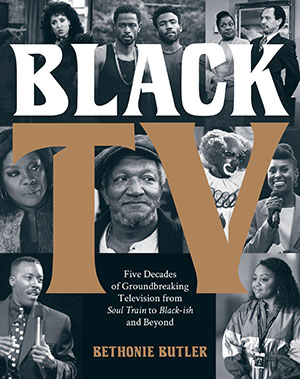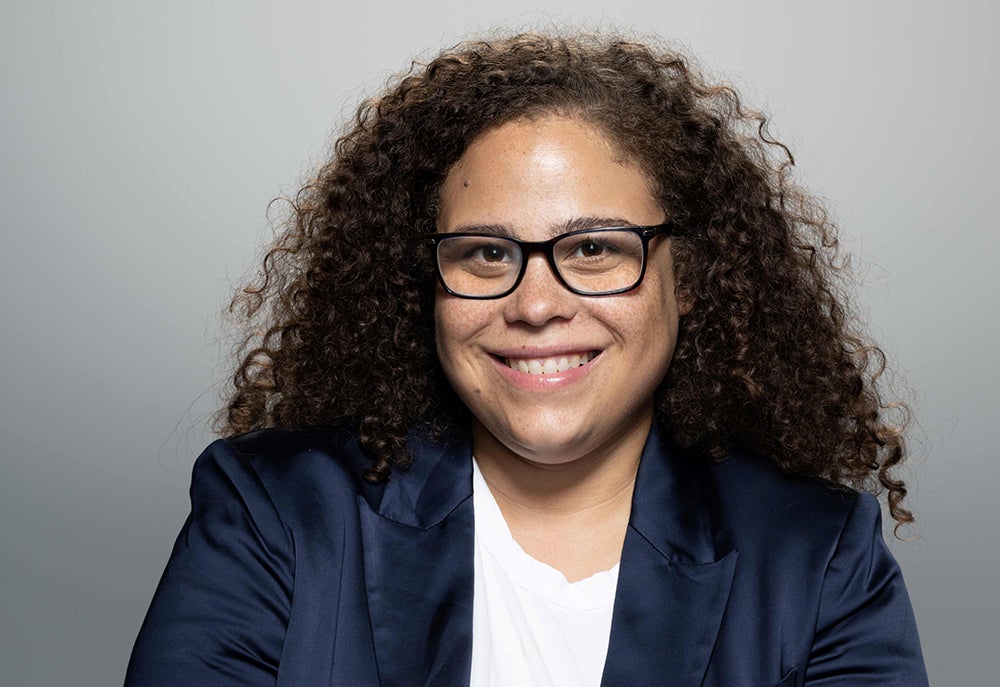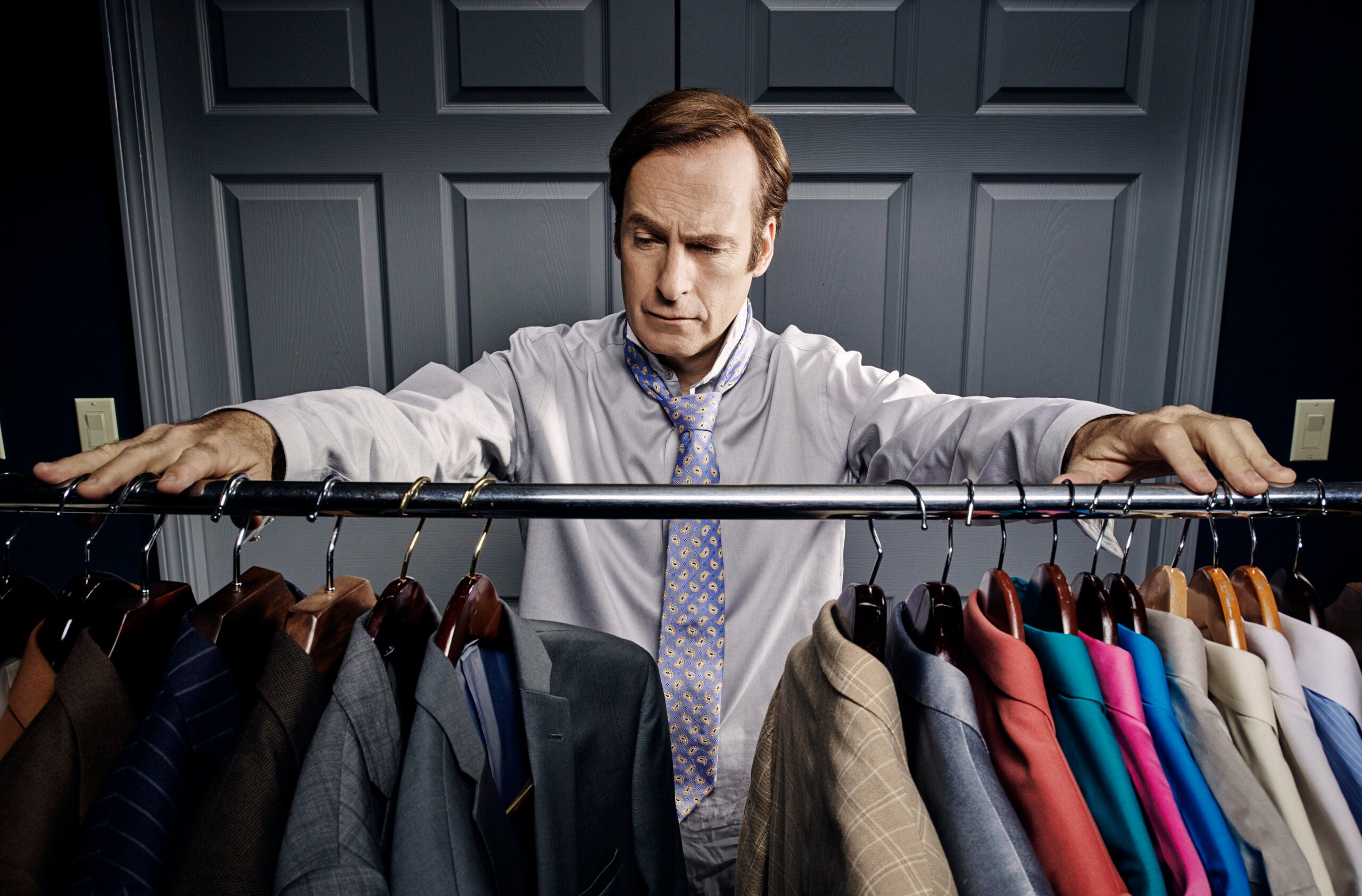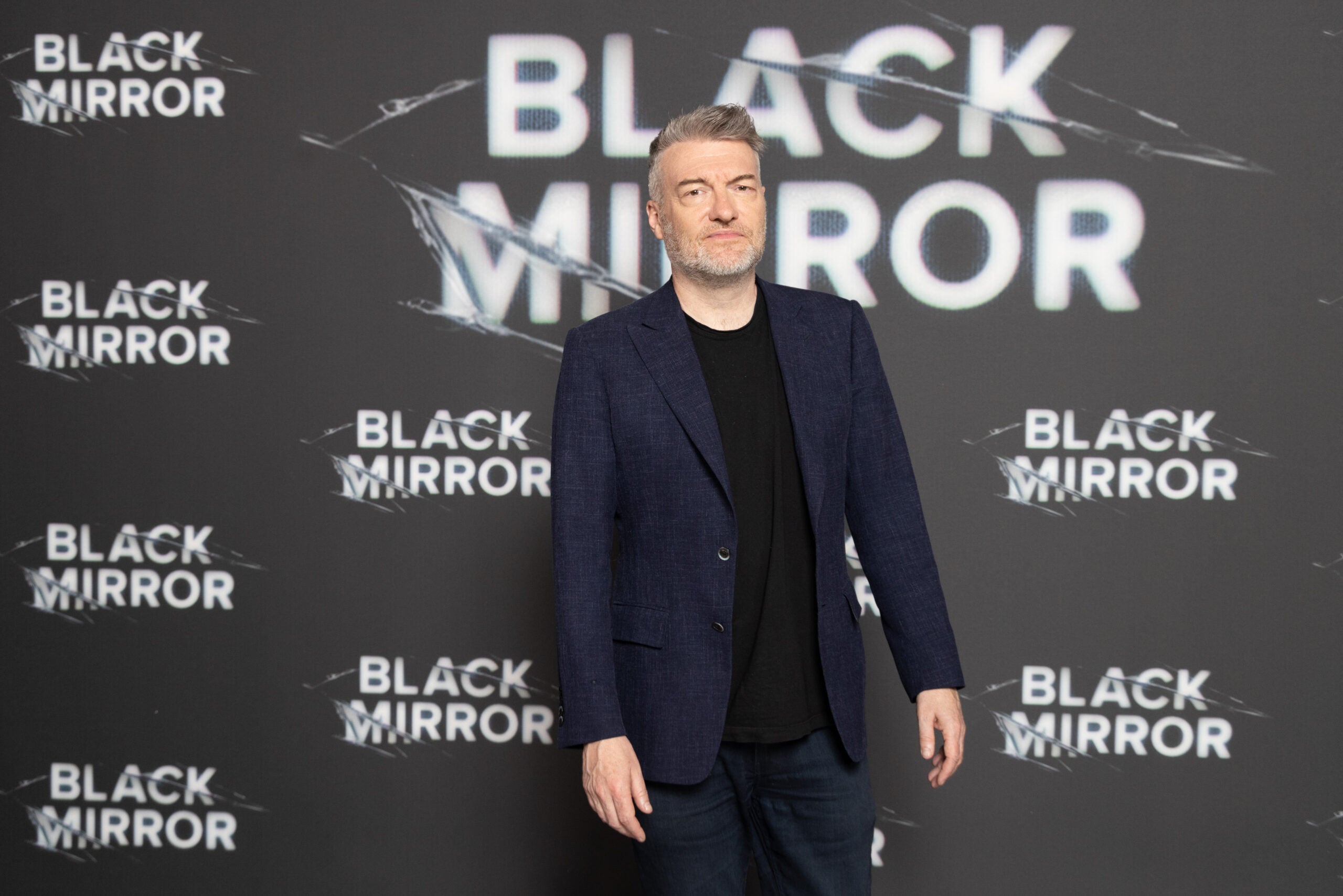Former Washington Post features reporter Bethonie Butler has covered television and pop culture for nearly a decade. Now, the veteran TV reporter has released a comprehensive and perhaps definitive book, “Black TV: Five Decades of Groundbreaking Television from Soul Train to Black-ish and Beyond.”
Butler tells WPR’s “BETA” that even with all her experience covering and writing about television, she was still surprised by the depth of the research of Black TV history.

News with a little more humanity
WPR’s “Wisconsin Today” newsletter keeps you connected to the state you love without feeling overwhelmed. No paywall. No agenda. No corporate filter.
“It was a welcome challenge because I love research, but I think I thought I knew a lot about Black television. And I do, but I didn’t really know about Flip Wilson. I hadn’t seen much of ‘Julia,’” she says. “So, it was kind of like looking back and comparing things that I had heard other people say — people who were watching TV at that time — and look at it with fresh eyes and try to also contextualize it.”
The “Julia” Butler is referring to is the 1968 sitcom starring Diahann Carroll. Carroll plays Julia Baker, the widowed wife of a Vietnam Vet and a single mother working as an RN. If that character’s name sounds familiar, it may be because Black TV empress Shonda Rhimes used it as an alias for Kerry Washington’s character in the hit series, “Scandal.”
Butler opens “Black TV” with this anecdote and Rhimes’ direct homage to the pioneering work Carroll did on “Julia” and the doors she opened to Black representation. (Carroll would go on to play a character in Rhimes’ other hit show, “Grey’s Anatomy.”)
“It was the first TV show to feature a Black family,” Butler says. “In terms of going into someone’s home and seeing their day-to-day lives, ‘Julia’ was the first TV show to really do that.”
Created by the veteran radio, TV and film writer, Hal Kanter, “Julia” was trailblazing in portraying a Black family, but not necessarily the Black experience.
“There was recognition that it was groundbreaking, but there was also some debate about whether it truly reflected the Black experience or a Black experience, because the writers were all white. The creator, Hal Kanter, was white,” Butler says. “Diahann Carroll found herself in the position of having a responsibility for her community and feeling the need to speak up and say, ‘I don’t think we would say this.’”
Butler feels this is the beginning of a pattern in early Black TV where Black stories and Black actors were butting up against white producers, directors, and writers.
“(Diahann Carroll) feels this responsibility to her community. The creator’s job is to get the show on the air. So, I think there was some back and forth of like, ‘OK, I see your point, but we need this episode to be on TV.’ And it was frustrating, I think, on both of their parts to have to sort of debate every week. But that goes back to the importance of having people behind-the-scenes who can tell those stories authentically,” says Butler.
Some of the early steps of Black ownership of Black entertainment came from comedian Flip Wilson. Wilson launched the eponymous late-night variety show in 1970 after a successful comedy special.
“As part of that deal, he wanted to own his show. That was unprecedented at the time for a Black creator — and really rare just in general for late-night — that he would completely own this show and have such an important role in determining what the show felt and looked like,” says Butler.
“The Flip Wilson Show” would prove to be an undeniable hit. It earned 18 Emmy nominations over its four-year run, including two wins and continues to stand as a breakthrough in mainstreaming unassimilated Black comedy to America.
Another epochal moment in Black TV occurred just seven years later. It’s impossible to look at the history of Black TV without noting the demonstrative impact of the 1977 mini-series, “Roots” adapted from the Alex Haley novel.
The eight-part epic followed the journey of kidnapped and enslaved African tribesman, Kunta Kinte (named after one of Haley’s ancestors, Kunte Kinte) and his family. The show displayed the horrors of American slavery unlike anything shown on TV up to that point.
“When we talk about mini-series and these sort of collective water cooler moments, ‘Roots’ really stands out. It was the first time that Americans saw first-hand, on screen, the horrors of slavery,” Butler says. “It painted a brutal picture of slavery and it sort of forced America to sit down and watch it. And really, everybody was watching ‘Roots’ and everybody was talking about ‘Roots’ in 1977.”
Butler denotes what was so groundbreaking was the nearly all-Black ensemble cast assembled for the saga.
“It was so rare to have an ensemble cast that was mostly Black,” she says. “You have Richard Roundtree, you have LeVar Burton, so many memorable people who went on to do other important work and are remembered for all of that.”
Network executives, who were nervous white audiences wouldn’t tune into the series, cast approachable white actors (like Ed Asner and Robert Reed) in parts elevated from the source novel.
“There’s a sense that they were meant to sort of soften the blow, if you will,” Butler says. “Here’s someone you know to be affable on screen, and here they are being less than. They’re being violent and brutal, but they felt that ‘Roots’ could still reach white viewers that way.”
Butler focuses on the evolution of the Black sitcom from the ’80s into the ’90s and how the variety of shows like “Fresh Prince of Bel-Air,” “Family Matters” and “The Cosby Show” could demonstrate a cross-section of Black experience to viewers.
“Those shows are still so important. Just the power of seeing yourself on TV is so important,” she says. “It wasn’t just one show that was on at that time. It was several. There were different families. You know, ‘Family Matters’ focuses on a working-class family in Chicago. The ‘Fresh Prince’ was about a very wealthy Black family in Los Angeles. So, you have more dynamic characters and family dynamics.”
One ’90s sitcom that is being cast in a different and more pioneering light is the ensemble show “Living Single” starring Queen Latifah, Kim Coles, Erika Alexander and Kim Fields. Butler thinks that recent streaming and DVD availability have created a revival of “Living Single” and underscore how this show — centered around young NYC singles — laid the groundwork for NBC’s megahit, “Friends.”
“I’ve said this before, (‘Living Single’) was ‘Friends’ before ‘Friends’ was ‘Friends.’ It was groundbreaking in the sense that the creator, Yvette Lee Bowser, she was the first Black woman to create her own sitcom. And she centered this story around four dynamic, successful Black women,” she says.
Butler says that recent entries in Black television follow that lead of being creator-focused and controlled. Shows like FX’s “Atlanta” and HBO’s “Insecure” are singular visions from their respective creators, Donald Glover and Issa Rae.
“‘Insecure’ holds a special place in my heart as a Black millennial. That show really spoke to me,” Butler says. “I remember first becoming aware of Issa Rae when she had her internet series ‘Awkward Black Girl.’” “That in and of itself was a moment because people saw her telling her story through her own words and her own perspective, and it felt fresh and rare,” Butler continues. “She, I think, created a hunger for a show about young Black women. It’s almost like you don’t know what you’re missing on screen until you see it.”
- Bethonie Butler Guest
- Doug Gordon Host
- Adam Friedrich Producer







